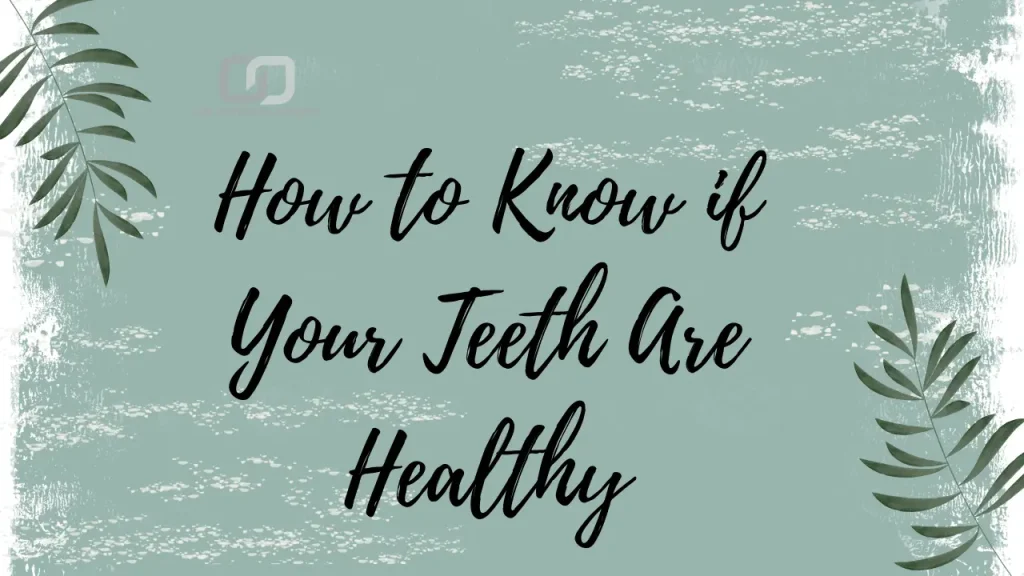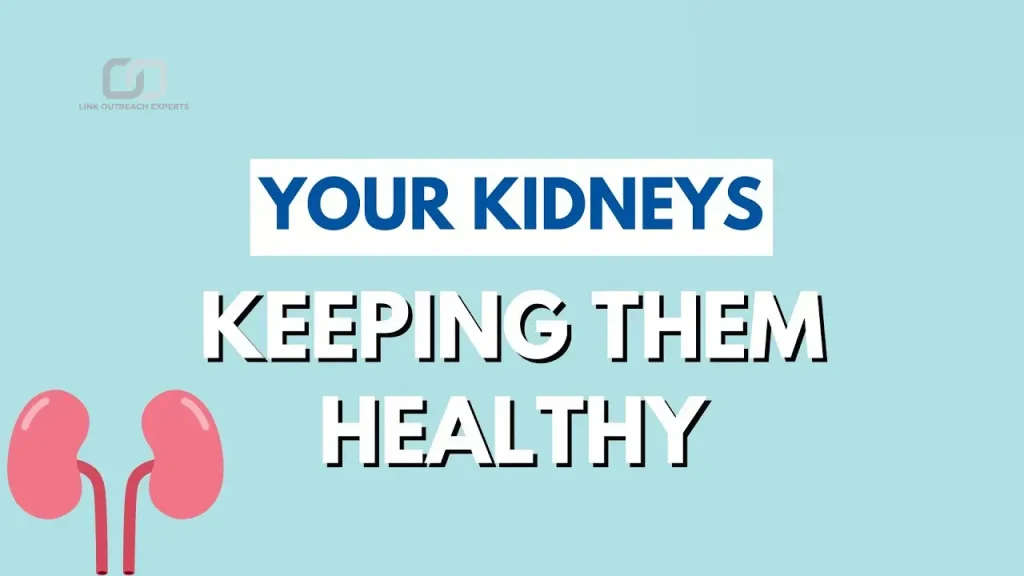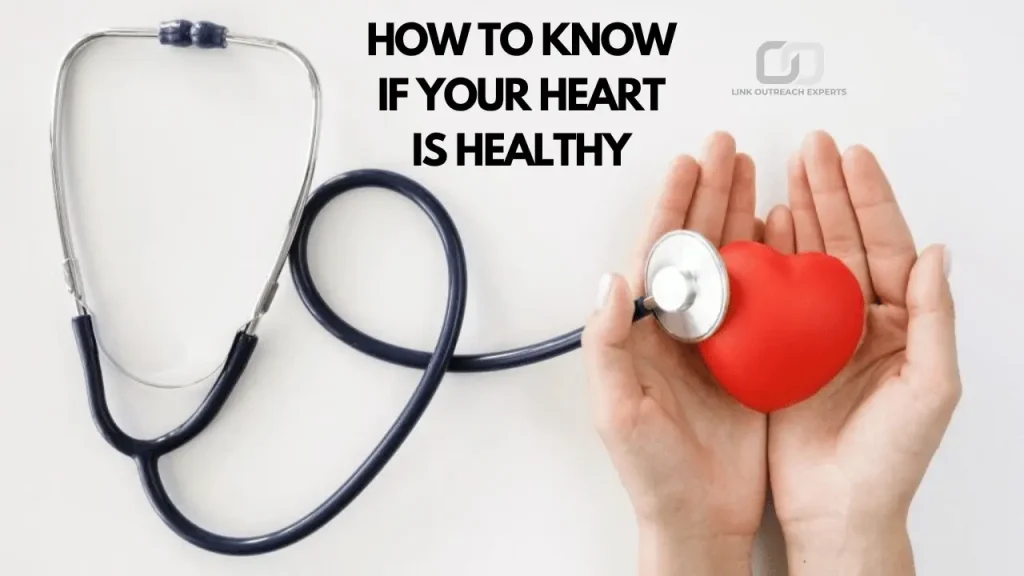Healthy teeth are important for overall well-being. They help you eat, speak, and smile with confidence. Keeping your teeth healthy also prevents painful issues like cavities or gum disease. Healthy teeth contribute to better digestion and overall health.
To know if your teeth are healthy, look for a few signs. Healthy teeth are usually white and free from stains. They should feel smooth when you run your tongue over them. If you don’t feel pain or sensitivity while eating or drinking, your teeth are likely in good shape. Additionally, your gums should be pink and firm, not swollen or bleeding.
Table of Contents
Signs of Healthy Teeth
- White and Clean Teeth: Healthy teeth are usually white and free from stains. They should have a natural brightness without discoloration caused by food or drink. A clean, polished look is a sign of good oral health. A pink, clean tongue is also an indicator of overall oral health.
- Smooth Feel: When you run your tongue over your teeth, they should feel smooth. There should be no rough spots or sharp edges, which can be a sign of enamel erosion or damage. Healthy teeth are free from jagged surfaces.
- No Pain or Sensitivity: Healthy teeth don’t cause pain or sensitivity, even when eating or drinking hot, cold, or sweet items. If you experience discomfort, it may be a sign of tooth decay or gum issues.
- No Visible Damage: Your teeth should be free from chips, cracks, or cavities. If they are intact and undamaged, it’s a sign that your enamel is strong, and there’s no ongoing dental issue.
- Healthy Gums: Your gums should be pink, firm, and not swollen. They should not bleed when brushing or flossing. Healthy gums help protect your teeth from infections and gum disease. Strong gums are a major sign of healthy teeth.
- Fresh Breath: Healthy teeth and gums lead to fresh breath. There shouldn’t be any persistent bad breath or unpleasant odors. If you experience this, it could indicate an underlying issue, like gum disease or tooth decay.
Common Signs of Unhealthy Teeth
Tooth Sensitivity or Pain
Unhealthy teeth may cause discomfort or sensitivity when eating or drinking hot, cold, or sweet foods. This pain can be sharp or dull and may last for a few moments. If the sensitivity is persistent, it could be a sign of cavities, tooth decay, or gum recession, all of which need treatment.
Visible Damage, Cracks, or Chips
Teeth that are cracked, chipped, or damaged can be clear signs of unhealthy teeth. Such damage may result from untreated cavities, injury, or even grinding your teeth at night. It’s important to address these issues quickly to prevent infection or further damage to the tooth structure.
Bad Breath
Persistent bad breath, also known as halitosis, is a common sign of unhealthy teeth. It could be caused by untreated tooth decay, gum disease, or food particles trapped in between your teeth. Poor oral hygiene habits, like not brushing or flossing regularly, can also lead to foul-smelling breath.
Bleeding or Swollen Gums
Healthy gums should be firm and pink, while unhealthy gums may bleed when brushing or flossing. Swollen or red gums are often a sign of gingivitis or gum disease. If left untreated, these issues can lead to more severe gum problems and even tooth loss.
Loose or Shifting Teeth
Teeth that feel loose or shift position could indicate gum disease, bone loss, or severe tooth infection. This is a serious issue that requires immediate attention, as it may lead to further complications, including tooth loss, if not treated early.
The Role of Regular Dental Check-ups
Early Detection of Issues
Regular dental check-ups are essential for spotting problems early. Dentists can identify issues like cavities, gum disease, or oral infections before they become severe. Early treatment often means less discomfort and lower costs for dental procedures.
Professional Cleaning and Advice
During a check-up, a dentist or hygienist performs a thorough cleaning, removing plaque and tartar that brushing alone can’t eliminate. They can also offer personalized advice on maintaining good oral hygiene, like recommending the right toothpaste or flossing techniques.
Preventive Care
Dental check-ups help prevent future problems. Dentists can apply fluoride treatments or sealants to protect your teeth from decay. They can also provide tips for lifestyle changes, such as dietary advice, that can help keep your teeth healthy.
Tracking Your Dental Health
Regular visits allow your dentist to track your oral health over time. This helps detect any changes in your mouth that may need attention. If you’re consistent with check-ups, it becomes easier to maintain long-term dental health.
Tips for Maintaining Healthy Teeth
Brush and Floss Regularly
Brushing your teeth at least twice a day with fluoride toothpaste is essential for removing plaque and preventing cavities. Flossing once a day helps remove food particles and plaque between your teeth, areas your toothbrush can’t reach.
Eat a Balanced Diet
A healthy diet rich in fruits, vegetables, and whole grains supports strong teeth and gums. Avoid sugary snacks and drinks, as they can lead to cavities. Drinking plenty of water throughout the day also helps wash away food particles and keeps your mouth hydrated.
Avoid Tobacco Products
Smoking or chewing tobacco can harm your gums and teeth, leading to gum disease, tooth decay, and even oral cancer. Avoiding tobacco is key to maintaining a healthy mouth.
Use Mouthwash
Mouthwash can help reduce plaque, fight bad breath, and kill bacteria. Choose an antimicrobial mouthwash that helps fight gum disease and freshen your breath.
Visit the Dentist Regularly
In addition to daily oral care, regular visits to the dentist for check-ups and cleanings are crucial. Dentists can catch issues early and keep your teeth and gums in optimal condition.
When to See a Dentist
If you experience persistent tooth pain or sensitivity to hot, cold, or sweet foods, it’s time to see a dentist. This could be a sign of a cavity, cracked tooth, or an issue with the nerves inside your teeth. Ignoring this discomfort can lead to further complications, so it’s best to address it early.
Visible damage, such as chipped or cracked teeth, should also prompt a visit to the dentist. Even minor damage can worsen if left untreated, potentially leading to infections or more serious dental issues. A dentist can repair the damage and prevent it from escalating.
Another sign that you need dental care is bleeding gums. If your gums bleed when brushing or flossing, it could indicate gum disease like gingivitis. This condition, if left untreated, can progress to more severe gum problems and even tooth loss. Seeking dental care can help treat and prevent this issue.
Conclusion
Healthy teeth are essential for your overall well-being. Look for signs like white, clean teeth, smooth surfaces, and healthy gums. If you experience pain, or sensitivity, or notice visible damage, it may be time to consult a dentist. Regular care is key to maintaining good oral health.
Remember to brush and floss daily, eat a balanced diet, and visit your dentist regularly. These habits can help prevent dental problems and keep your teeth in great shape. Paying attention to the signs of healthy or unhealthy teeth will ensure your oral health stays on track.


